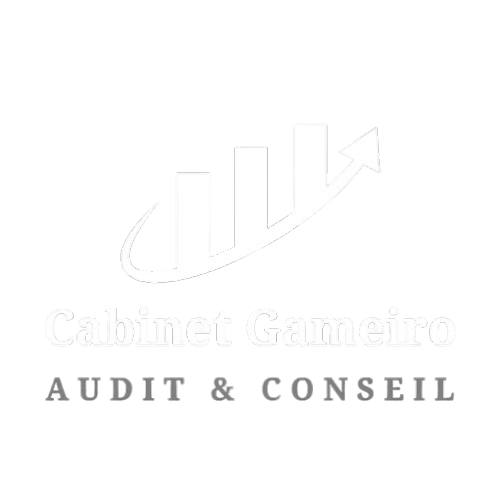Valuing a business is a crucial step, whether for a sale, a fundraising round, or simply to better understand its financial health. However, answering the question “How much is my business worth?” can seem complex. Several factors, methodologies, and approaches need to be considered. In this article, we explore the basics of business valuation and guide you through this strategic process.
Why Value Your Business?
Business valuation is essential in several situations:
- Sale or Acquisition: Determining a fair price for selling or buying.
- Fundraising: Convincing investors with a realistic valuation.
- Strategic Planning: Identifying strengths and weaknesses to optimize the business’s value.
- Succession Planning: Preparing for succession by establishing a reference value.
A fair valuation helps establish trust with stakeholders and ensures equitable transactions.
Main Valuation Methods
- The Asset-Based Method
- The Market Multiples Method
- The Discounted Cash Flow (DCF) Method
- The Sectoral Comparative Method
Factors Influencing Valuation
Several elements can affect the perceived value of a business:
- Financial Performance: Revenue, profitability, cash flow.
- Market Positioning: Market share, brand recognition, competitive advantages.
- Industry Sector: Growth or maturity of the sector.
- Risk: Revenue stability, dependency on major clients, debt levels.
These factors must be analyzed to arrive at an accurate estimate.
Valuing a business is an exercise that requires careful analysis and the use of methods suited to your context. A fair valuation allows you to make informed decisions and maximize your opportunities.
If you need an accurate and tailored valuation for your business, Cabinet Gameiro is here to assist you. With our expertise in financial analysis and strategy, we help you determine the true value of your business.
👉 Contact us today for an initial assessment!
